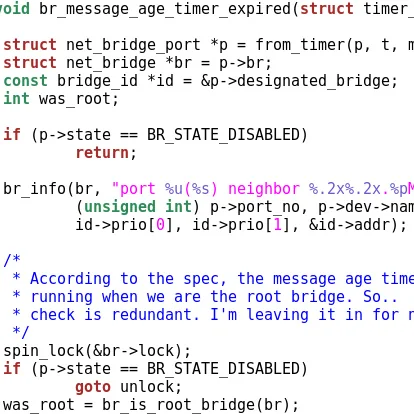OpenSSL 3.1 Released With Performance Optimizations, More AVX-512

The official release announcement for OpenSSL 3.1 notes the FIPS (Federal Information Processing Standards) provider has been upgraded to FIPS 140-3 compliance and also makes mention of "numerous performance improvements."
On the performance front there has been work to reduce excessive locking, performance work in the encoder and decoder frameworks, optimizing internal data structures and caching, and "various assembler optimisations to a number of different algorithms (e.g. AES-GCM, ChaCha20, SM3, SM4, SM4-GCM) across multiple processor architectures."
When digging through the CHANGES in Git, there are a few AVX-512 items specifically worth mentioning too:
- AES-GCM enabled with AVX512 vAES and vPCLMULQDQ.
- Parallel dual-prime 1536/2048-bit modular exponentiation for AVX512_IFMA capable processors.
That's good news for Intel Xeon Scalable processors (Intel engineers worked on some of the AVX-512 contributions) as well as new AMD Zen 4 processors with AVX-512 from the Ryzen 7000 series up through the EPYC 9004 series
With all the mentions of performance improvements in OpenSSL 3.1, I was eager to fire up some benchmarks myself...
For some quick, launch-day benchmarking I used the AMD Ryzen 9 7950X on Ubuntu Linux compared to OpenSSL 3.0. The same build configuration, same options, same compiler for this quick comparison of just 3.0 vs. 3.1:
Quite some nice performance improvements at least for the latest AMD Zen 4 processors! I'll be running OpenSSL 3.1 benchmarks on more hardware in the days to come. OpenSSL 3.1 can be downloaded at OpenSSL.org.
9 Comments

